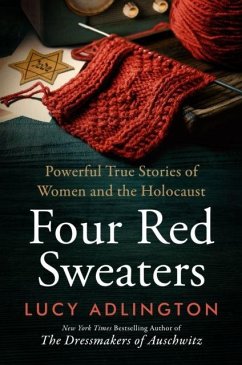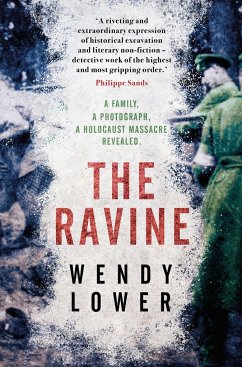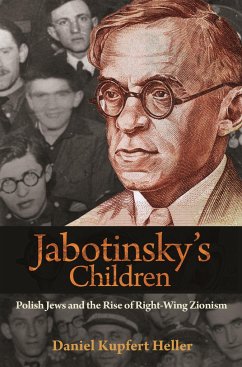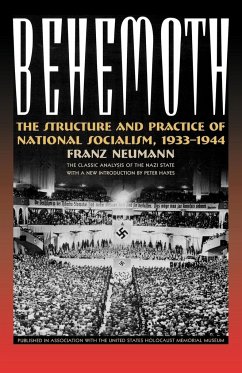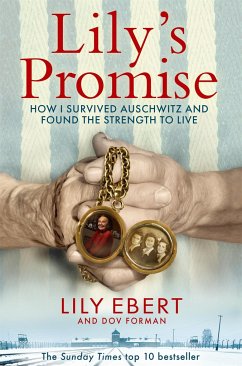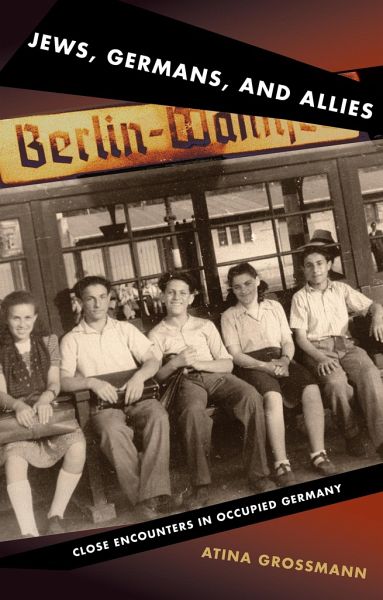
Jews, Germans, and Allies
Close Encounters in Occupied Germany

PAYBACK Punkte
23 °P sammeln!
"Atina Grossmann has written a beautiful book, methodologically sophisticated and rich in its detailed reconstruction of everyday life. It opens a grand view on the fascinating and critical period of the years immediately following the end of World War II in Europe."--Jan T. Gross, author of Neighbors"Jews, Germans, and Allies stakes out new historical and theoretical ground. Beautifully written, studded with verbal and pictorial images, Grossmann's text takes us on a gripping historical journey. A master narrative: she maintains complete control of the riveting history she tells, while weavin...
"Atina Grossmann has written a beautiful book, methodologically sophisticated and rich in its detailed reconstruction of everyday life. It opens a grand view on the fascinating and critical period of the years immediately following the end of World War II in Europe."--Jan T. Gross, author of Neighbors"Jews, Germans, and Allies stakes out new historical and theoretical ground. Beautifully written, studded with verbal and pictorial images, Grossmann's text takes us on a gripping historical journey. A master narrative: she maintains complete control of the riveting history she tells, while weaving in amazing snapshots of individual lives and contemporary reports."--Debórah Dwork, director of the Strassler Family Center for Holocaust and Genocide Studies at Clark University"Diving into the wreckage, Professor Grossmann expertly sifts through the chaos, refusing reductionist paradigms and describing in detail the many complex encounters between Germans, Americans, Brits, Russians, French, and Jews in postwar Germany. This is fascinating social history that focuses as much on women as on men, on the occupiers as well as on the occupied."--Helen Epstein, author of Children of the Holocaust and Where She Came From"An evocative and richly documented book set in the rubble-strewn streets of postwar Berlin, in the Jewish refugee camps, and in the offices of the Allied occupiers. With an eye for drama and an ear for distinctive tonalities, Grossmann interweaves the three closely related and intersecting stories of Jewish survivors, defeated Germans, and American occupiers to show how these 'close encounters' produced contrapuntal memories of the experience of World War II and the Holocaust. This remarkable work transcends the genres of German and Jewish history and sets a new standard for writing the history of 'entanglements' in the post-1945 era."--Anson Rabinbach, Princeton University"Atina Grossmann's book is, without any doubt, a pioneering work on postwar German, Jewish, and partly also American history. Grossmann uses a whole range of previously unknown sources. The picture emerging from this wealth of new material is quite different from the many stereotypes, which still dominate our view of this unlikely historical episode. The most striking difference is the crucial role that gender plays in her analysis."--Michael Brenner, University of Munich"Few other books, if any, have told the story of Germany's postwar Jews with such an eye to their interaction with non-Jewish Germans. Grossmann shows that both groups were victims in different ways, but that the status and character of their victimhood was of course very different. She has an eye for telling detail, and the gendered aspects to the story are particularly rich."--Mark Roseman, Indiana University





